
“Inside an ADHD mind” is a nickname of one of the regular commenters on my blog posts.
And while I understand and respect that individuals struggle with Attention Deficit Hyperactivity Disorder (ADHD), I find myself questioning whether ADHD may be partially influenced by our modern society.
After all, the number of diagnosed cases of ADHD has significantly increased since it became a recognized condition, which could be attributed to:
1. ADHD was always there – We just lacked the awareness to identify it. Once we understood and could classify ADHD, we became aware of the true number of individuals affected.
2. Society is playing a role in the development of ADHD – the chaotic nature of modern life, with its myriad of distractions and priorities vying for our attention, could potentially contribute to the manifestation of ADHD.
3. ADHD might be a normal part of human nature that society pathologized – The constant need for stimulation, expression, and experiencing life to its fullest could be perceived as ADHD by a society that values conformity and restraint.
Could I Have ADHD?
I have never been formally diagnosed with ADHD, as I have never felt a need for such a diagnosis. However, some individuals have suggested that I might exhibit traits of ADHD, such as being an excessively curious, active, and vibrant individual who is always on the move and fully engaged in living life to its fullest.
In this way, I don’t want to undermine individuals struggling with ADHD and the challenges they face. Nevertheless, I ponder where ADHD transitions from being a natural aspect of life to becoming a significant problem that requires attention.
For instance, many children are labeled as ADHD simply because they want to play while their teachers want them to sit still. They are just doing what children are supposed to do, displaying typical youthful energy and exuberance. However, society may inadvertently stifle this vibrancy by enforcing conformity and stillness (e.g., “sit still” and “be quiet”) as virtues, leading to the perception of ADHD where none may inherently exist.
As such, people who continue to exhibit behavior that isn’t in line with social norms are labeled with all sorts of negative terms, such as ADHD, while in reality, we should realize that a lot of socially repressed behavior is actually healthy.
A Different Perspective from History’s Great Minds
Reflecting on historical figures such as Leonardo da Vinci and Albert Einstein, both of whom were homeschooled and never subjected to traditional education settings, prompts me to reconsider societal norms.
These geniuses thrived outside the confines of conventional schooling, suggesting that our current societal structures may limit creativity, hyperactivity, and human potential.
Managing ADHD: Simple Self-Care Practices
While the debate over whether I have ADHD continues, I believe that adopting simple self-care routines can help manage hyperactivity effectively. Some suggestions include:
1. Meditation: A practice that allows us to delve into our inner selves, gaining insight into our emotions and achieving a sense of calm.
2. Creating to-do lists: Organizing tasks can help individuals with ADHD focus on priorities and manage their time effectively.
3. Avoiding negative labels: Refusing to internalize negative perceptions of ADHD can prevent self-fulfilling prophecies. Instead, embracing a positive self-image can unleash one’s potential and harness their energy for remarkable achievements.
ADHD: A New Perspectives
This makes me come back to a question whether:
1) ADHD is a natural part of life, and we are supposed to be, at least partially ADHD,
2) Society pacifies individual expressions, labeling anything outside the social norm as hyperactive, or
3) ADHD is, as discussed by science, a modern problem rooted in biology and psychology, and there is nothing to do but to feel sorry for those of us with ADHD and treat it with medicine, shock treatments, and other similar treatments.
I conclude this blog post with a scene from one of my all-time favorite sci-fi TV series, called Foundation. In this scene, the two protagonists discover that perhaps their lives were suppressed, they were betrayed, and as a result, they didn’t live their lives to the fullest.
The above scene suggests that perhaps ADHD might not be entirely negative, and while our society may try to calm us down, we could all benefit from being a bit more ADHD hyperactivity in order to live our best possible lives.



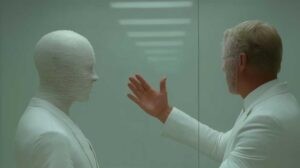



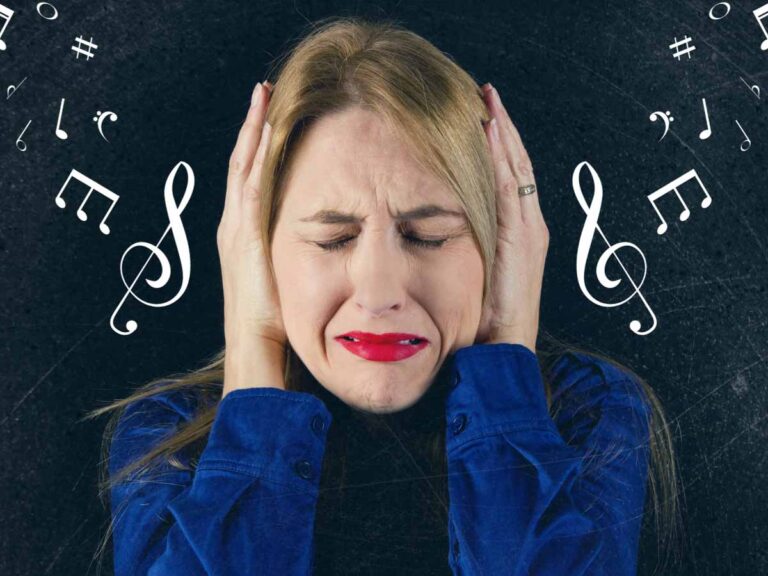

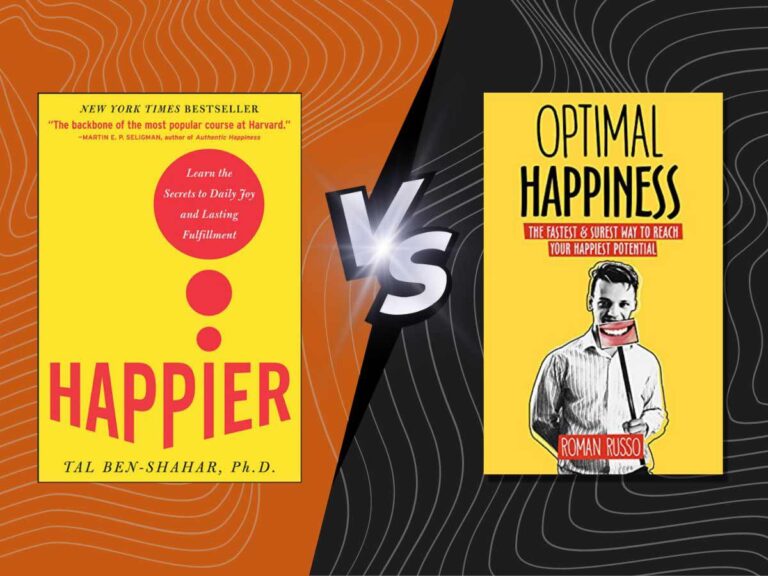
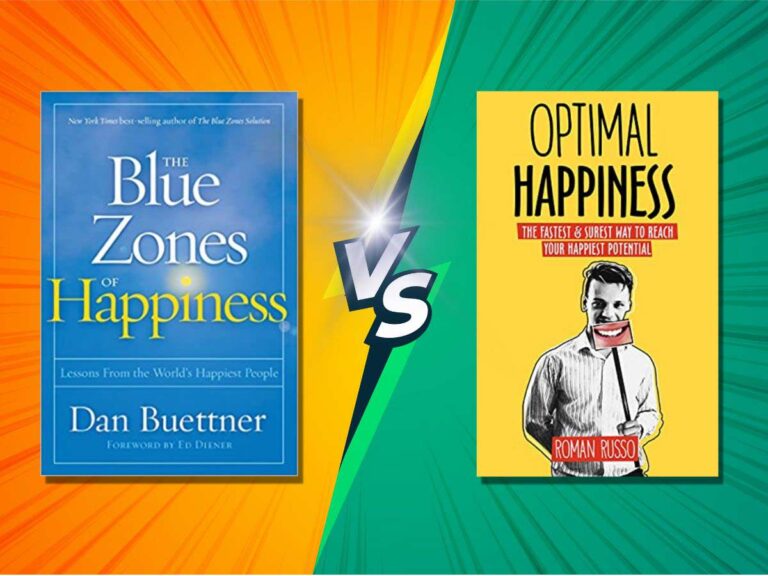


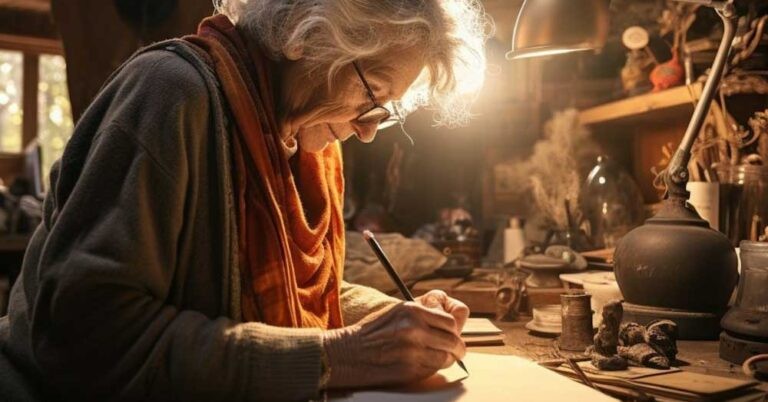


12 thoughts on “ADHD: Is it Really a Problem or a Normal Part of Life?”
I’m honored that I sparked some thoughts within you ;).
I myself don’t see it as bad at all. I actually really like my ADHD and wouldn’t want to change it. The way I think is different , the way I see the world …
ADHD has never hurt me, but people did. It’s the response we get from others around us.
Im often told that I’m too much. Too much of what … Could be anything … Too squirrelly, too calm, too talkative, too hyperfocused, too much not interested in the topic etc
The education is the worst system ever invented the way it’s functioning and I think everyone and their goldfish understood that by now but nobody is changing it.
There are many factors that play into it.
You just simply can’t put all those different kinds of kids with different intelligences and different ways of being into one classroom … 30 kids for one teacher for 8 hours a day sitting and expect something awesome come out of it. I’m a teacher myself .. and I hate the system. I adore my students but I can only help them so much. It’s basically to keep the damage low as opposed to get them to thrive. And it’s far from just being nzurodivergent children.
ADHD is a complicated topic. I’m happy with my ADHD but it took me a long time to get there. I needed to find my own strategies to cope with it. And I had to unlearn to listen to people around me and society at large. I had to find my own way.
I had to find my own resources, my own way if life … Nutrition, exercise being a key factor, not having a 9-5 job is a major thing also … The way I do to do lists is very different form what other people do….
I also think medication is thrown around way too easily. Many professionals have no clue what they are doing and science is nowhere near understanding what it really is.
I do understand that there are people out there that feel they need it… To comply to social expectations … Oftentimes I feel like.
For me personally it’s simply a different kind of thinking and working. The problem is that this way is not the way that the majority of the world wants. And this is what creates the issues. In my humble opinion.
And I respect that everyone with ADHD has their own experience with it.
Haha, I hoped you’d see this blog post naturally, so perfect. It’s interesting what you write because it’s great that you both acknowledge your ADHD but also say you like it, or at least, you learned to like it. It’s a part of you, so why not. Indeed, you are just labeled with ADHD and said “it’s not the norm” while everyone is forced to comply with this sense of normalcy, which may not be that abnormal anyway. So by all means, I’m happy that you overcame the stigma associated with the label, and you are making the most out of it!
Thank you :) that’s the reason why I’m going into schools to educate people around it so they stop treating the kids in a wrong way out of ignorance and to help the kids to see their strengths. Because we do have quite a lot of those also ;)
I think we would reduce the stigma and the symptoms of ADHD a whole lot with a different approach in education and how people respond. But I think the response of people is an overarching problem not just with ADHD but any neurodivergency or even as far as skin color or physical disabilities …don’t get me started on all this 😂
Interestingly, I have dyslexia, and none of my teachers (or parents) knew what it was or how to acknowledge it. Therefore, I always had problems with writing and reading, despite leading this blog, writing a book, and speaking 8 languages. I received bad grades in subjects like English and was labeled as “stupid”, while excelling in subjects like mathematics. People didn’t know how to handle me until I myself discovered that I might have dyslexia. When I mentioned this to my mom, she said, “impossible, you are my perfect child and there is nothing wrong with you.” I learned this by reading a book called “The Gift of Dyslexia”. It confirmed my suspicions of having dyslexia but also showed me that it is not a curse. In fact, there are advantages to having dyslexia. For example, 50% of CEOs in the world are dyslexic, despite only 10% of the world’s population having different propensities to dyslexia. The reason 50% of CEOs are dyslexic is that they think differently from the majority, enabling them to think outside the box. I’m not sure if there is a similar book about ADHD, but I hope there is. So dyslexia is also something that every 10th kid in class has to deal with, and as you mentioned, there are many other issues in the world today. Children come in all shapes and sizes, so I am glad that you are there to help them find their way.
I had the same issue with nobody wanting to believe it. Even now with official diagnosis my parents are like ‘you’re alright’. Well yes, because it’s not really visible’to the outside eye. And if you behave kind of normal with just a few flaws why wouldn’t they wonder that something is wrong.
We got so good at coping alone somehow but with a price we had to pay also .
I’ll have to look at the book you mentioned. It sounds very interesting.
Do you know this movie? I absolutely loved it. It’s about a boy with dyslexia: Like Stars on Earth (2007)
By the way, ADHD never comes alone. Many with ADHD also have dyslexia. I, for example, come with dysgraphia also …
In the London Tube (underground metro), they have awareness-generating posters that state “some people’s problems are invisible” or something similar. When I read this, I started observing people on the tube, imagining what issues they might have. I mean, I have dyslexia, you have ADHD and dyslexia, and someone else might have something else entirely. It makes me wonder if there are truly “healthy” people out there, or if being “healthy” is actually overrated. There are many unhealthy ways of thinking, such as the one I am addressing in this blog. So perhaps nobody is truly 100% healthy?
Truly, no one is 100% healthy. It’s why we need a savior and why we are called His workmanship, eh? What a precious work the Lord has done and is doing in you Roman and also in Inside An ADHD Mind. I am soon to have cataract surgery and with it a change in lenses… Methinks our spiritually clouded seeing needs surgery all the time and how wonderful it is that God uses people like you to bring new perspectives to us…. I believe names have great significance, and yours, my brother sparkle for me: You are a sign of “coming together.” My grandmother’s maiden name was Romani, my grandfather’s given name was Romeo, and my stepdad’s last name was Russo. In God’s plan we shall all be of ONE heart and even one mind (the mind of Christ) in the end. Oh how we need to honor, love and respect each other on our journey of changing of perspectives in learning truth and becoming love. Thank you for being you and for the life-stimulating thoughts in your writing.
Blessings and love,
❤️Your Sister in Christ
Thank you for your kind words, sister in Christ, Michele. Naturally, I don’t claim to be special, but I did try to elevate myself in order to be able to do more with the power of God, as it indeed expresses its will through me. This journey is taking me to unexpected places, but as Christ ultimately paid for our sins, he was more than willing to make the ultimate sacrifice because it was his greatest contribution. Even though it wasn’t necessarily something he wanted to do (to die), he still obliged because he was following God’s plan. Similarly, we all need to open up to the message of God, hear Him, and do what is asked of us, regardless of how it ultimately makes us feel. By the way, I wrote a different blog post I think you will like to read: https://optimalhappiness.com/gods-plan-happiness/. Thank you again!
Even I was intrigued by the name “Inside an ADHD Mind”. I read your article Roman, and the comments too. I have a friend who at the age of 30 got diagnosed with ADHD. She has two kids and the second one is a special kid with a short life expectancy. That’s when things got out of hand and my friend got her diagnosis. But she is amazing, she left her software job, became a dog trainer, then wrote a book, now runs a food truck. And believe me, her food is amazing. All this happened before her diagnosis and now we know why. She is so good at everything but only for a short period. All this opened my eyes to a different world and made me less rigid, and less judgemental. It’s a wonderful coincidence that I am writing an article on Autism and ADHD and came across yours.
That’s very interesting, Surabhi. I know ADHD can be a real challenge for people, but again, I wonder where it begins and ends, as our education system represses people quite a lot. It’s normal for people to live below their potential, and those of us who do more are suddenly labeled geniuses or sick. Maybe it’s all supposed to be part of the norm, even the variations of normal. After all, people are different and they come in all shapes and sizes, so I wonder if ADHD is a part of normal. In the end, as you correctly said, by looking at outliers in society like Olympic Gold Medalists, we realize the limits of our potential. Ultimately, our ultimate goal in life is to live our utmost best life. This will look differently for different people, but since we only live once, we might as well make the most of it all, whether with ADHD or in our own special way :)
In my work it is clear that every diagnosis is on a spectrum and no one fits into the ill-conceived ‘check-lists’ in the DSMV. There can be real suffering with ADHD and I’ve come to change my views on treatment in recent years, but I do think living in a world that doesn’t suit creates a burden. The more awareness, the more we can move towards change. Thank you for the post.
That’s very good feedback, thank you. Indeed, I’m not advocating that I know it all and that ADHD isn’t a big problem. However, I do wonder about environmental factors that affect it. After all, psychologists have been blamed for trying to put out fires started by our society without addressing where these fires are originating, such as why there was a fire in the first place. As such, with ADHD, there are concerns that people may be labeled as ADHD when they don’t necessarily have to be. It’s a bigger picture issue, if I can say so.